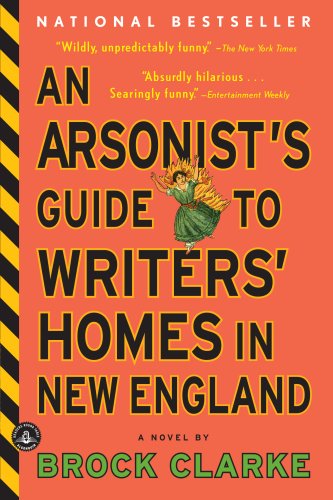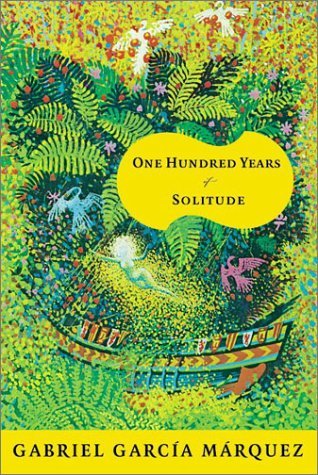 Humbug
Humbug(2009)
Arctic Monkeys
It is a strange relationship I have with this band, it really is. They never blow me away on record for more than a song or two; listening to all of 2007's Favourite Worst Nightmare leaves me feeling somehow underwhelmed, and the same goes for Whatever People Say I Am, That's What I'm Not. For a song or two, they get the job done, and they get it done well. But not, for my money, over the course of an album, and every now and then I find their song structures to be terribly twee. For every time I find "Fluorescent Adolescent" to be an enjoyable, summer-tinged romp, there is a time I find it to be just shy of the mark, erring to the side of grating. Ah, well.
Having said that, they blew me away when I saw them at the Riviera here in Chicago two years ago. I mean, really, they were staggeringly brilliant. Not much in the way of banter or charismatic stage presence, but they were as tight a live band as you'll ever hear. The point is, heading into this latest offering, their third, I'm still not wholly convinced I believe in these Arctic Monkeys as the next saviours of pop music.
The only song I've ever loved, unconditionally, to come from the pen of Alex Turner and company is "If You Found This It's Probably Too Late," a barnstormer that served as the intro to their Brianstorm EP. It promised dark, heavy things, a sound which I think suits this increasingly-less-than-merry band. There aren't many modern bands making heavy music you can sink your teeth into, and I'm not talking about music that pummels you, so much as music that simply feels heavy. Like Queens of the Stone Age. Which is appropriate enough, since QOtSA singer, guitarist and all-around mastermind Josh Homme serves as the producer here. I like his effect on the band. It bodes well. This set's a bit lacking in parts, but the direction they're aiming is one I like very much. And Matt Helder is an amazing drummer. Listen to it, it may ultimately prove essential. What's so promising here, though, that neither previous album has managed, is that, in listening to it from the beginning to the end, I find I am more fond of what I am hearing as it ends than I am of what I hear when it begins. That is a good sign.
Grade: B+








